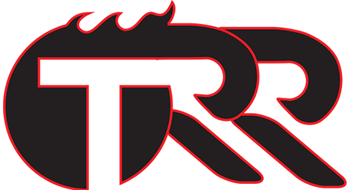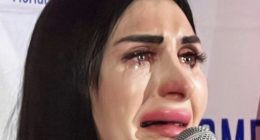Wikipedia, the web’s popular volunteer-edited resource, is setting new rules against perceived toxic behavior.
Inclusive importance
The pressure to become “all-inclusive” is forcing companies to put together new policies. These measures often cater to marginalized communities. A recent example is Wikimedia, the host behind Wikipedia. Wikimedia has reported that they have plans to “combat toxic behavior by volunteers on its platform”. -(MSPoweruser)
What will change?
Wikipedia will start by ratifying their current rules and regulations. This will change the way editors interact. It will also change enforcement procedures when rules are broken.
What are the toxic behaviors?
University of Washington did a study about these “toxic behaviors”. The study states that many women and LGBTQ Wikipedia editors feel unsafe on the site. They assert that many male editors had given them negative feedback on their edits. Male editors had also contested their research. Due to this perceived harassment, the critiqued editors no longer felt safe within the Wikipedia community.
We must work together to create a safe, inclusive culture, where everyone feels welcome, that their contributions are valued, and that their perspective matters.
– Katherine Maher, CEO, Wikipedia, on turning Wikipedia into a safe space.
One editor told the New York Times they have been receiving death threats, according to MSPoweuser.
How will this end for Wikipedia?
On one hand, the female and LGBTQ editors of Wikipedia shouldn’t feel harassed. After all, they contribute to a site we’ve all come to rely on so heavily. Death threats aren’t ok. There really isn’t a place for harassment when it comes to editing Wikipedia.
On the other hand, this sensitivity might hinder changes that are necessary. Just because we don’t want to hurt someone’s feelings, doesn’t make them right. If someone from the LGBTQ community is putting bad research into an article, they should be corrected. That’s the whole point of the site. The role of an editor is to offer a critique and feedback about your work. What is the line between constructive criticism and harassment? I suppose that is up to the board at Wikimedia to decide.
Let’s hope the changes are made wisely and not too hastily. Let’s also really hope they don’t hire a deer-person to head up their “Safety Council”.


